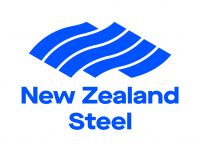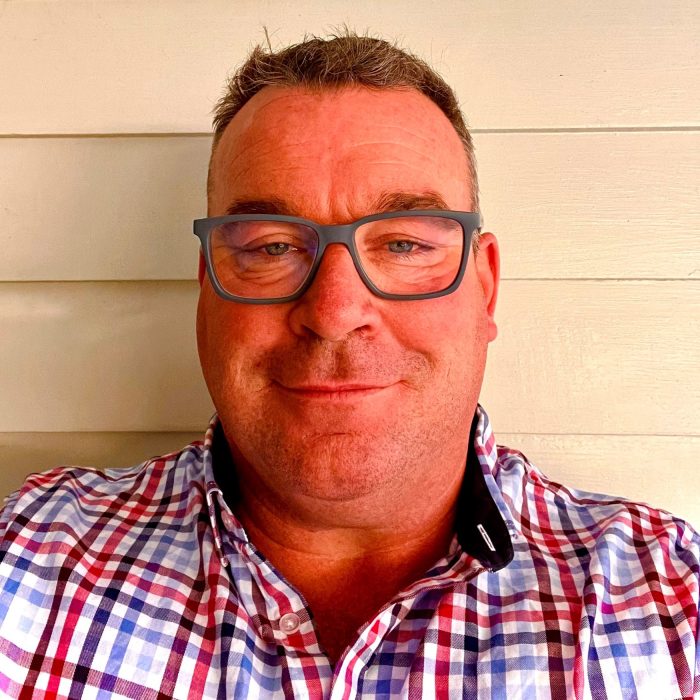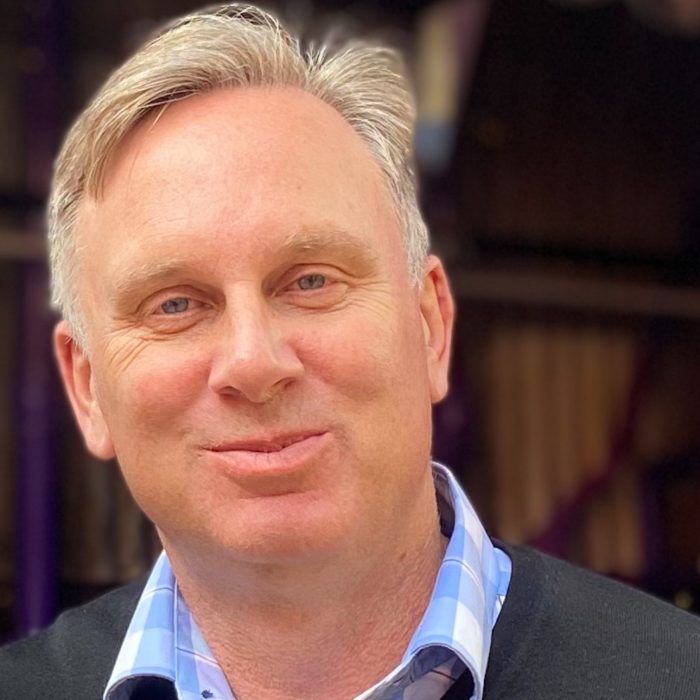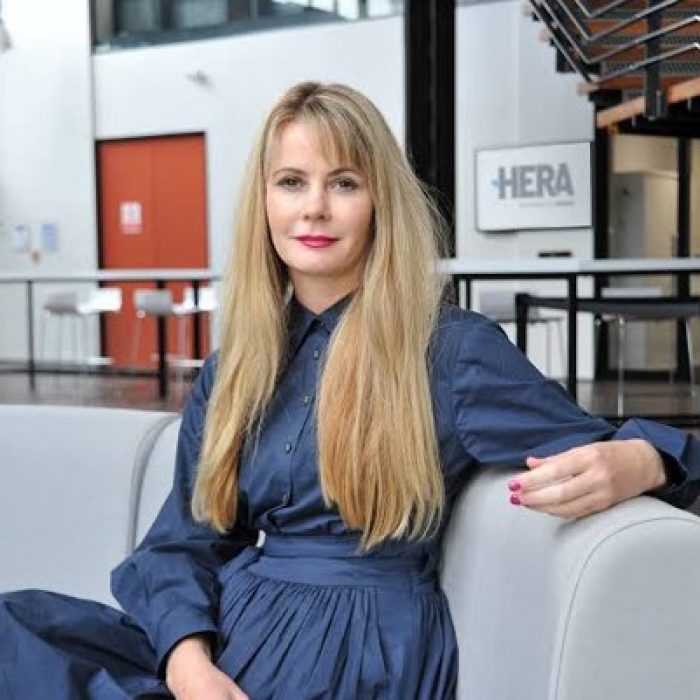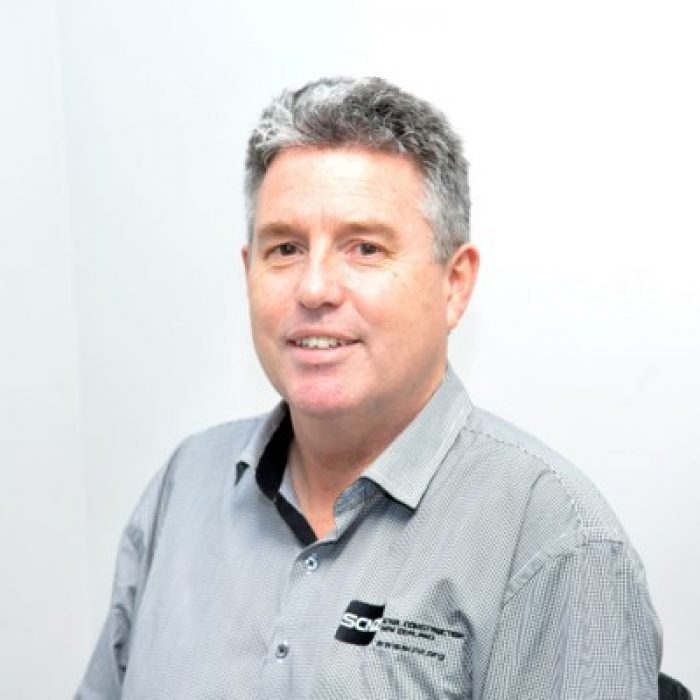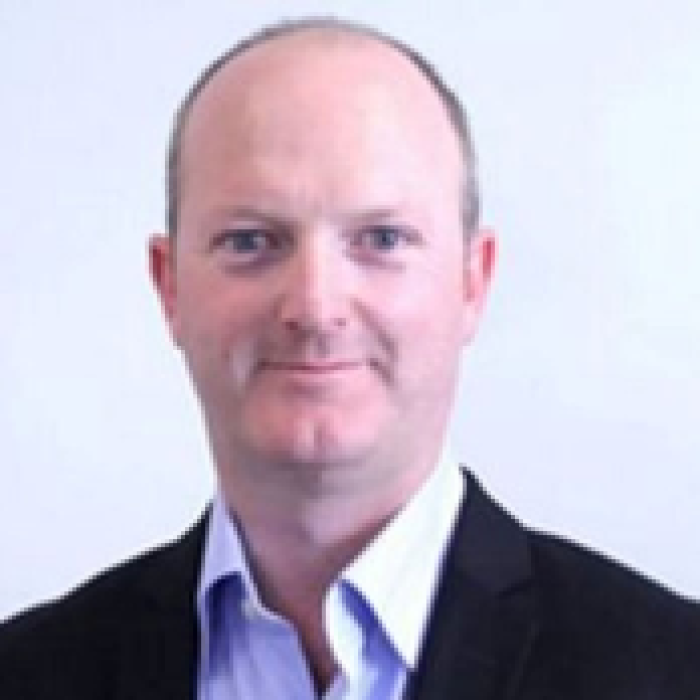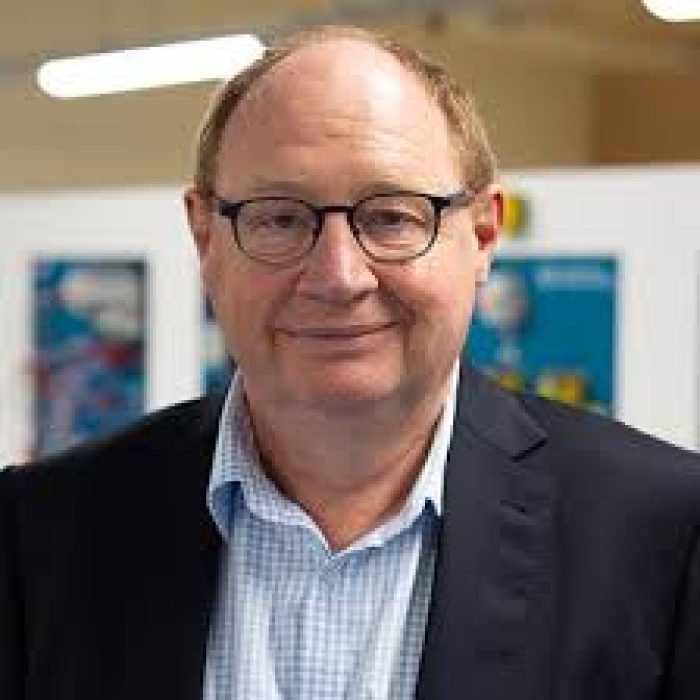OUR CHARTER
Our members commit to the following goals aligned with the Sustainable Development Goals.
Climate change Taking a holistic approach based on the Living Standards framework to help address climate change, a global challenge that affects everyone, everywhere.
Waste and the Circular Economy Strive to optimise the eco-efficiency of products throughout their life cycle. Design for upcycle, re-purpose, reuse and recycling. Separate the technical from the biological.
Safety and Health Foster well -being of employees, provide them with a work environment that is, as far as reasonably practical, without risks to their health and safety, enabling them to return safely to their families at the end of each working day.
Diversity, inclusivity, engagement with Iwi and life-long learning Create the conditions that allow people to have quality jobs. Reduce inequalities through universal policies, paying attention to the needs of disadvantaged and marginalised populations.
Product quality and resilience Strive to meet future challenges of climate change and our shaky isles.
Transparency, ethics and legal compliance Build our knowledge of sustainability and willingly share it with others.




